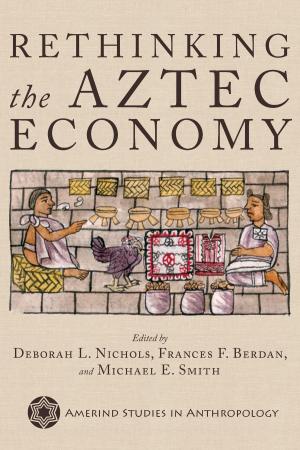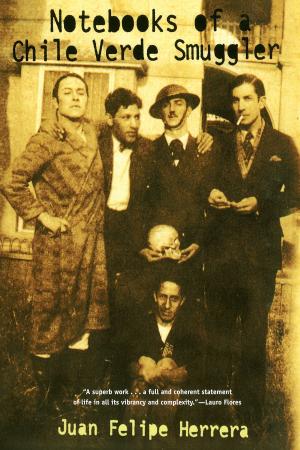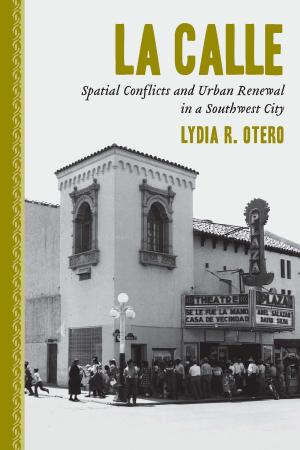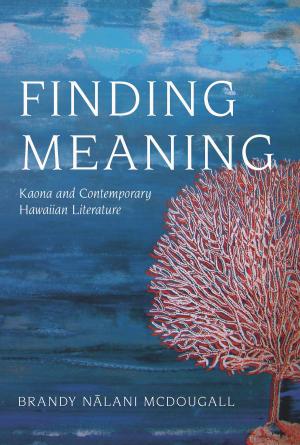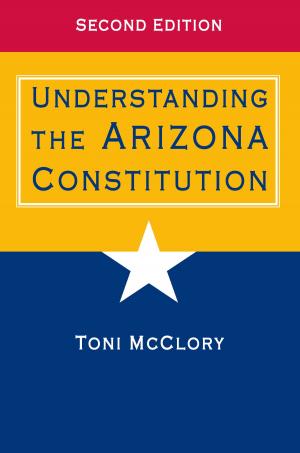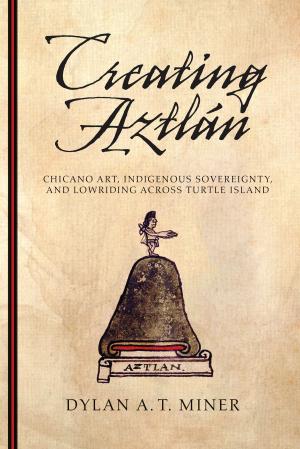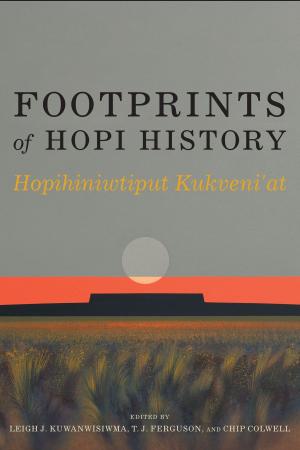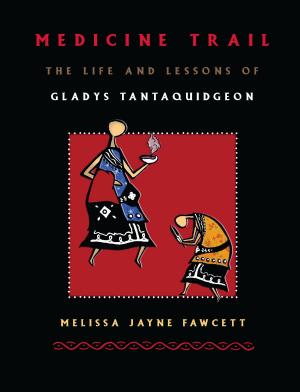Colonial Itineraries of Contemporary Mexico
Literary and Cultural Inquiries
Fiction & Literature, Literary Theory & Criticism, Central & South American| Author: | ISBN: | 9780816598755 | |
| Publisher: | University of Arizona Press | Publication: | October 30, 2014 |
| Imprint: | University of Arizona Press | Language: | English |
| Author: | |
| ISBN: | 9780816598755 |
| Publisher: | University of Arizona Press |
| Publication: | October 30, 2014 |
| Imprint: | University of Arizona Press |
| Language: | English |
The rewritings of the Mexican colonia discussed in this book question a present reality of marginalities and inequality, of imposed political domination, and of hybrid subjectivities. In their examination of the novels, films, poetry, and chronicles produced in and outside of Mexico since 2000, the critics included in Colonial Itineraries of Contemporary Mexico produce new interpretations, alternative readings, and different angles of analysis that extend far beyond the theories of the new historical novel of the eighties and nineties, and well beyond the limits of the novel as re-creative genre.
Through a transformative interdisciplinary lens, this book studies the ultra-contemporary chronicles of Carlos Monsiváis, the poetry of Carmen Boullosa and Luis Felipe Fabre, and the novels of Enrique Serna, Héctor de Mauleón, Mónica Lavín, and Pablo Soler Frost, among others. The book also pays close attention to a good sample of recent children’s literature that revisit Mexico’s colonia. It includes the transatlantic perspective of Spanish novelist Inma Chacón, and a detailed analysis of the strategies employed by Laura Esquivel in the creation of a best seller. Other chapters are devoted to the study of transnational film productions, a play by Flavio González Mello, and a set of novels set in the nineteenth-century colonia that problematize static notions of both personal and national identity within specific cultural palimpsests. Taken together, these incisive readings open broader conversations about Mexican coloniality as it continues well into the twenty-first century.
The rewritings of the Mexican colonia discussed in this book question a present reality of marginalities and inequality, of imposed political domination, and of hybrid subjectivities. In their examination of the novels, films, poetry, and chronicles produced in and outside of Mexico since 2000, the critics included in Colonial Itineraries of Contemporary Mexico produce new interpretations, alternative readings, and different angles of analysis that extend far beyond the theories of the new historical novel of the eighties and nineties, and well beyond the limits of the novel as re-creative genre.
Through a transformative interdisciplinary lens, this book studies the ultra-contemporary chronicles of Carlos Monsiváis, the poetry of Carmen Boullosa and Luis Felipe Fabre, and the novels of Enrique Serna, Héctor de Mauleón, Mónica Lavín, and Pablo Soler Frost, among others. The book also pays close attention to a good sample of recent children’s literature that revisit Mexico’s colonia. It includes the transatlantic perspective of Spanish novelist Inma Chacón, and a detailed analysis of the strategies employed by Laura Esquivel in the creation of a best seller. Other chapters are devoted to the study of transnational film productions, a play by Flavio González Mello, and a set of novels set in the nineteenth-century colonia that problematize static notions of both personal and national identity within specific cultural palimpsests. Taken together, these incisive readings open broader conversations about Mexican coloniality as it continues well into the twenty-first century.

